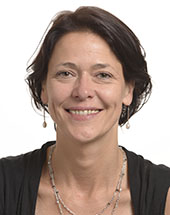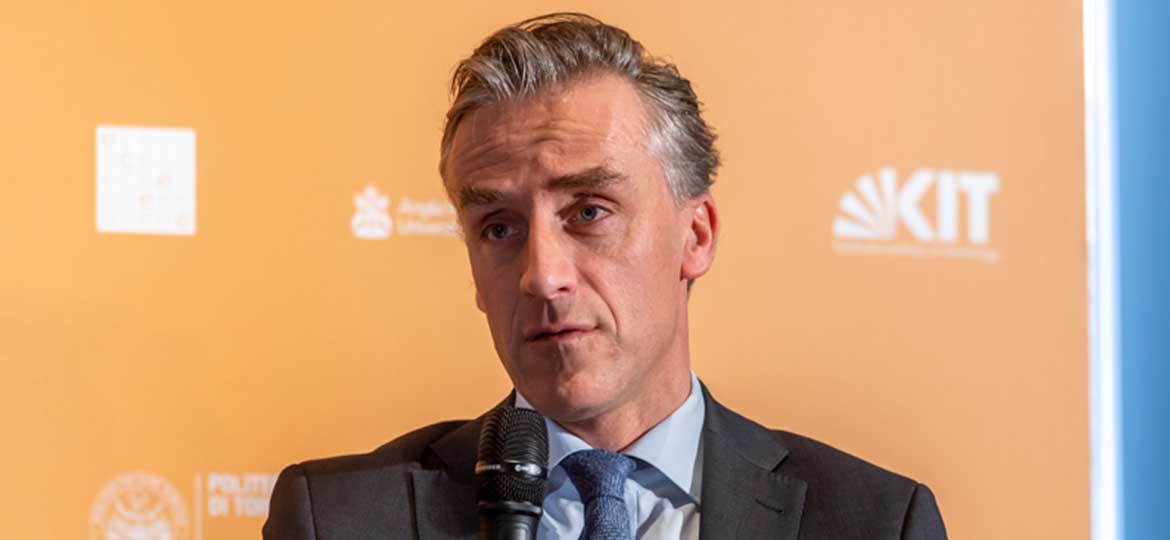
By Kathleen Van Brempt, Member of the European Parliament, Committee for Industry, Research and Energy (ITRE)
In recent years, communities worldwide have realised that we cannot solely rely on technology to stem climate change. While many might think that climate and energy policy is strictly tied to technological solutions, the application of climate action initiatives has increasingly taken on a social and human element. When projects began with technical questions like “how many windows do we need to get our energy efficiency and renewables targets?”, they quickly became mainstreamed and personal ones such as “How do we refurbish our house?”
These anecdotes highlight that, of course, we need technology but we also need to know how those advancements will affect our societies. We need to win the hearts of civil society and the individuals that compose them in order to create widespread change. That will not happen unless we start to
study how people adopt new and potentially beneficial solutions. This is why we need, what I like to call, “humanitarian sciences” such as psychology and sociology.
When we bring experts and researchers that are accustomed to answering key mainstreaming questions like “How do people think?”, “How can we convince them to take on these practices?”, “How will that affect the way we cooperate together?”, then we will be able to find true solutions to this global issue. In that sense, its extremely important that we integrate human sciences into the exact sciences investigation of climate action and make sure that when we implement technologies, we do it in the right ways. That is both beneficial for society and for the individuals in that society.
As the European Parliament continues to accept proposals and negotiate possible Horizon 2020 projects, attention is being paid to how the social sciences and humanities will be represented in the suggested work. Their inclusion is essential if we hope to create a real mainstreaming of the findings
of the funded work. If people that specialise on the inner workings of humanity and the cultural reality we have created over millennia are not included, we cannot reasonably expect the scientific findings to take root in our society.
For this reason, it is essential that monitoring procedures are created that allow us to hold projects to a standard and demand that “You need to mainstream”. As we continue to push for greater social science representation in climate and energy research, we must fine tune the monitor regiment, clarify the process under which it carried out undertaken and how we report the effects that the presented research will have on communities across Europe and the world.

Kathleen Van Brempt is a Member of the European Parliament for the Belgian social democratic sp.a party. She is the Vice-President responsible for sustainable development of the Socialist and Democrats Group Bureau. Van Brempt has served as the Chair of the European Parliament’s Committee of Inquiry into Emission Measurements in the Automotive Sector (EMIS). She was also State Secretary for Labour Organisation and Welfare in the Belgian federal government and Minister for Mobility, Social Economy and Equal Opportunities in the Flemish government. Additionally, Van Brempt is a member of the city council of her hometown Antwerp, in Belgium






